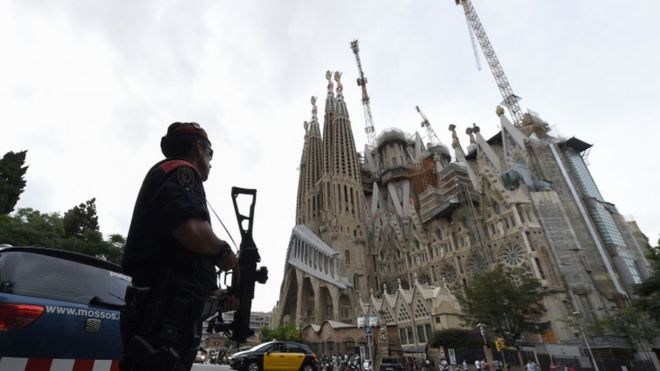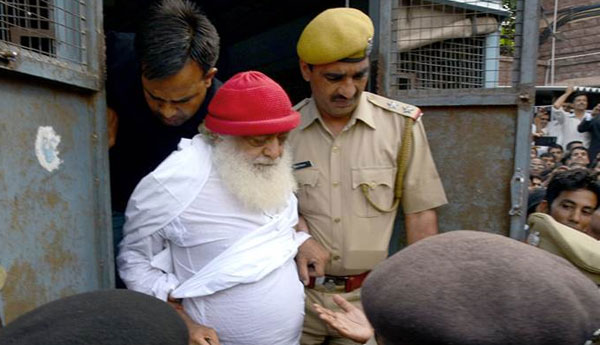(FASTNEWS | MEXICO) – Yessenia Mollinedo and Sheila Johana Garcia have been killed, raising the death toll for media workers in Mexico this year to 11, making the country the most dangerous for media workers outside of war zones.
The duo were attacked outside a convenience store in the municipality of Cosoleacaque in Veracruz state on Monday, according to authorities and rights groups.
Mollinedo was the director of the news portal El Veraz and Garcia was a reporter for the site, which focused on local news and mostly posted notices about events or public information from the municipality.
Veracruz Attorney General Veronica Hernandez said authorities were searching for a motive in the killings.
“All lines of investigation will be exhausted, including their journalistic activity,” Hernandez said in a statement.
The State Commission for Attention To and Protection of Journalists condemned the “attack on Veracruz’s journalism profession” and said it had opened an investigation.
Horrified to learn of the brutal murder of two journalists in Mexico. In the eastern state of Veracruz, local media report that Yessenia Mollinedo and Johana García were shot dead in the parking lot of a convenience store in the city of Cosoleacaque.
https://t.co/6K15qstnZn— Jan-Albert Hootsen (@jahootsen) May 10, 2022
News of the murders came as journalists gathered to protest the high rate of violence against them and memorialize Luis Enrique Ramirez Ramos, a 59-year-old journalist and columnist whose body was found near a junkyard in the Sinaloa state capital of Culiacan last week.
Ramirez Ramos, the founding director of the news website Fuentes Fidedignas, or Reliable Sources, had suffered multiple blows to the head and his body was wrapped in plastic when he was found. Ramirez was the ninth journalist killed in Mexico in 2022.
Speaking to about 200 journalists assembled on Monday night in Mexico City, Griselda Triana, the wife of journalist Javier Valdez, who was killed in 2017, decried the rate of the killings.
Prior to the most recent killings, journalists Jose Luis Gamboa, Margarito Martinez, Lourdes Maldonado, Roberto Toledo, Heber Fernando Lopez, Jorge “El Choche” Camero, Juan Carlos Muniz, and Armando Linares Lopez were also killed this year.
“There’s so much anger, indignation, powerlessness knowing that we come here to protest the murder of Luis Enrique Ramirez, (that happened) a few days ago in Culiacan, Sinaloa, and the news of the killing of two women journalists in Veracruz reaches us here,” Triana said.
“It’s a whirlpool. The crimes against freedom of expression keep occurring every day. We shouldn’t tolerate it. We have the authority to ask the authorities to put a stop to this slaughter of journalists.”
Mexico’s state and federal governments have been criticized for neither preventing the killings nor investigating them sufficiently.
While organized crime is often blamed for attacks on media workers, small-town officials and politicians with political or criminal motivations are often suspects in the crimes.
While President Andres Manuel Lopez Obrador has promised a “zero impunity” programme to investigate such slayings, he has also continued his regular verbal attacks against journalists critical of his administration.
In February, the Inter American Press Association called on the president to “immediately suspend the aggressions and insults, because such attacks from the top of power encourage violence against the press”.
In March, the European Union approved a resolution on Mexico that “calls on the authorities, and in particular the highest ones, to refrain from issuing any communication which could stigmatize human rights defenders, journalists and media workers, exacerbate the atmosphere against them or distort their lines of investigation”.
Late Monday, presidential spokesman Jesus Ramirez again pledged via Twitter that the federal and state governments would work together to investigate violence against journalists.
“The commitment is that there is not impunity,” he said.



